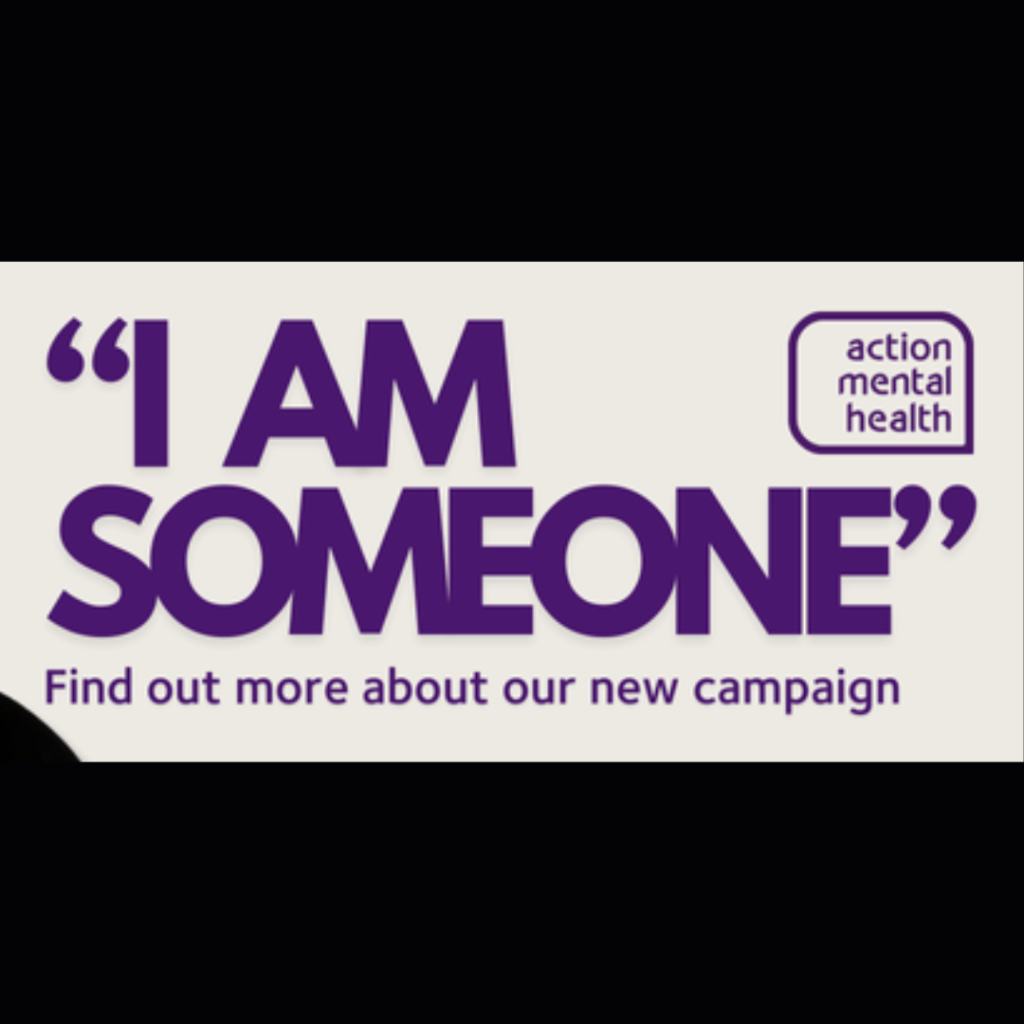With Time to Talk Day taking place on Thursday, February 6, this is a great opportunity to raise awareness about the importance of talking about our mental health – and how this can help to improve our wellbeing.
Whether it’s talking to a friend or family member, a work colleague or having a chat with someone in the street, talking can help to ground us and make us feel more at ease. It brings our attention back to the present moment, so if you’re worrying about something or are feeling stressed or anxious, then it’s a great way to stop this in its tracks. Meanwhile, speaking to your GP – or to a professional counsellor or therapist – can offer vital support and help you find the most effective tools and techniques for improving your mental health.
This was the case for Kapeela, who sought out counselling after experiencing a period of stress-related issues during the pandemic – initially through a private psychologist and then via referral to Action Mental Health’s free counselling service. Having felt herself reach breaking point, Kapeela realised that she really needed to talk to someone and counselling gave her the space she needed to address the issues affecting her mental health.
Explaining that it was difficult being away from family during the pandemic, Kapeela said that this sparked her first instance of mental ill-health. Having accessed private therapy and then managed a visit home, her life returned to normal for a while. However, in 2023, a subsequent relationship breakdown followed by a new job and a new house created a lot of fresh stress and Kapeela found her mental health deteriorating once again.
“It was a very stressful time in my life but also, financially, it was quite difficult for me to access private therapy,” she said. “It was quite an isolating time and I didn’t feel I had the right support in place to keep me going. That’s why I got in touch with my GP. They referred me to Action Mental Health and I then had therapy for six weeks through Action Mental Health.
“I was able to have talking therapy consistently every week with my counsellor. We went through lots of helpful tools – working on guilt, shame, self-esteem. I had that nine months ago and am still able to apply most of those tools to my day-to-day life. It made a huge impact and I really needed it, so I was grateful that the service was there and accessible and free. I definitely benefitted from it.”
Carving out a safe space to talk
Describing her talking therapy experience at Action Mental Health as a “very cathartic” experience, Kapeela said her initial nervousness soon gave way to relief at having a safe space to talk.
“It was online and I definitely felt that I was in good hands,” she said. “My therapist was very experienced and knew how to work with me. I think during those six weeks it was a very helpful experience.”
During the sessions with her Action Mental Health counsellor, Kapeela explored various tools and techniques, which she then used to support her mental health going forward. As part of her therapy, she also discussed her core beliefs, as well as topics such as guilt, shame and self-esteem.
“My counsellor was able to provide me with tried and tested methods of training to cope with my core beliefs,” she said. “She was able to answer my questions and was available through email as well. She told me to contact her any time during those six weeks. She also encouraged me to journal and to bring (what I wrote) along to the therapy sessions so we could discuss them. It felt like a very involved experience – like we were in it together trying to cope with the issues. I was then able to lean on others a lot more, too.
“After the therapy sessions ended I realised what my coping mechanisms might be. They highlighted my strengths – that were really inside of me the whole time – and I was able to rely on myself a bit more and have more confidence in myself to use those tools and get back to my day-to-day life.”
Ultimately, Kapeela said that her therapy experience with Action Mental Health had helped her to share her problems and to feel less alone when, at the time, she had felt the opposite. She added that being able to lean on other people had also removed that feeling of having the “entire weight of the world on your shoulders.”
“It can feel very isolating when you think that your problems are not relatable to somebody else, but speaking to a talking therapist… they’re able to get to the crux of the situation and to draw things out of you and work through it with you,” she said. “That’s something my therapist at Action Mental Health was able to do.”
Counselling services at Action Mental Health
At Action Mental Health we provide a wide range of counselling services to both children and adults.
Indeed, during 2023 – 2024 Action Mental Health’s counselling team delivered 16,825 counselling sessions to 2,956 individuals and families across Northern Ireland. Participants described how the sessions provided them with a safe space in which to talk to someone who understood and listened to them, with feedback also stating how therapy helped them feel calmer and more open to talk.
Of the total counselling sessions delivered by Action Mental Health during 2023 – 2024, 12,662 of these were with 2,200 adults. Meanwhile, 28 families benefitted from 133 counselling sessions across the year, with 4,030 sessions delivered to children and young people.
Our counselling services include:
If you or someone you know needs counselling, then you can contact our team here.
